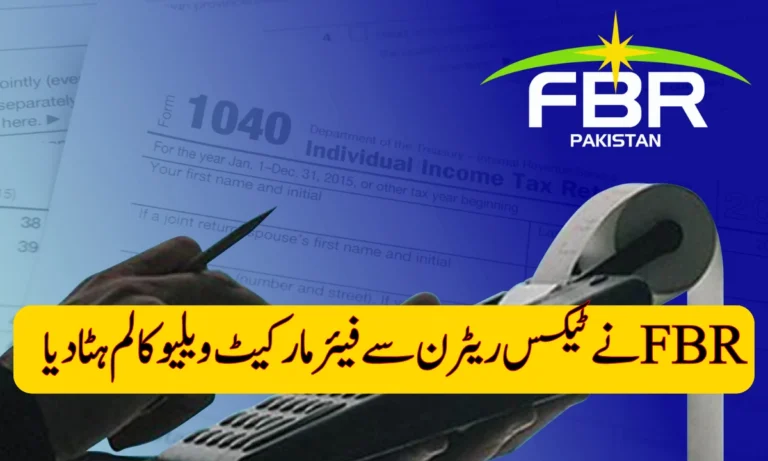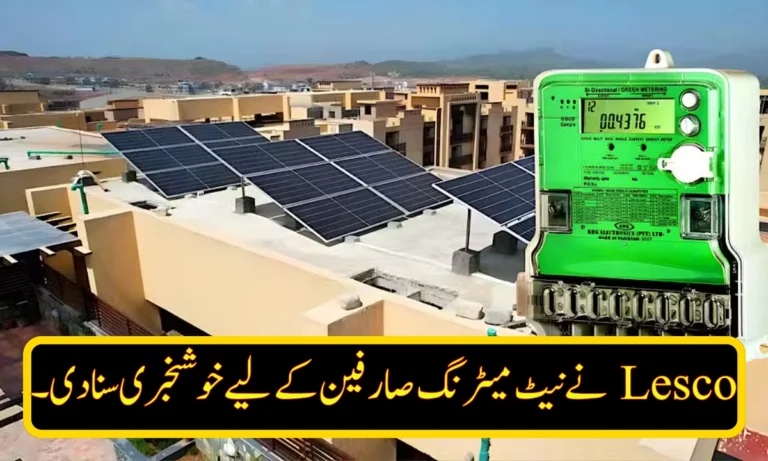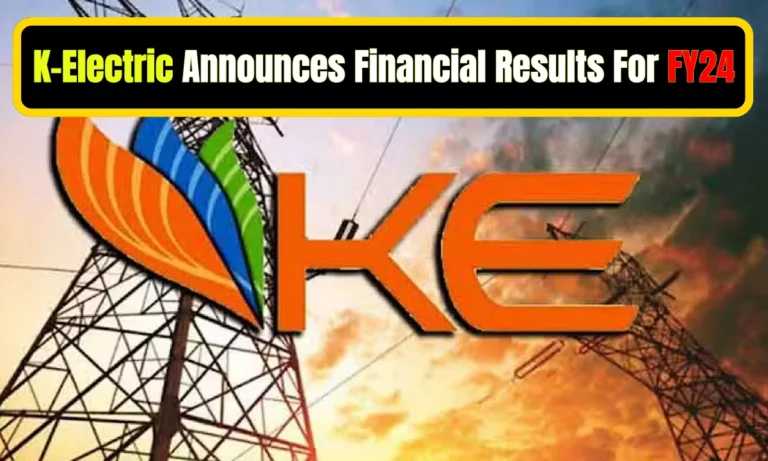Pakistan is almost entirely dependent on imports for petrol and diesel, as local crude oil production covers only a fraction of national demand. To keep fuel supply steady, the country imports petroleum products and crude from international markets, which are later refined and distributed across the country.
🔍 How Prices Are Calculated
Fuel prices in Pakistan are not fixed randomly. They are based on a set formula that includes:
-
Import Parity / Ex-Refinery Price — International crude oil prices + freight charges.
-
Freight Equalization Margin (IFEM) — Cost of transporting fuel across the country.
-
Dealer Commission & Distribution Margin — The profit share for oil companies and fuel station owners.
-
Government Taxes — Petroleum levy and sales tax, which significantly raise consumer prices.
This layered pricing system explains why international price changes directly impact Pakistani fuel rates.
💰 Current Consumer Prices
As of October 2025, the government has set the following fuel rates:
-
Petrol: Rs. 264.61 per liter
-
High-Speed Diesel: Rs. 272.77 per liter
-
Light Diesel Oil: Rs. 159.76 per liter
Recently, petrol prices were reduced by around Rs. 7.5 per liter, while diesel saw an increase. The adjustments show how global oil markets and local taxation affect what citizens pay at the pump.
⚠️ Key Challenges
Several factors keep fuel prices volatile in Pakistan:
-
Global oil price fluctuations — Any rise in Brent crude pushes local costs higher.
-
Currency depreciation — A weaker Pakistani rupee makes imports more expensive.
-
Heavy taxation — Petroleum levy and other taxes account for a big chunk of the retail price.
-
Transport and infrastructure costs — Especially for remote regions.
-
Government price reviews — Adjusted every 15 days to reflect international market trends.
📊 Bottom Line
Pakistan buys fuel from abroad at global market rates, adds taxes and transportation charges, and then sells it to citizens at significantly higher prices. While this ensures revenue for the government, it also means ordinary people are directly exposed to international oil price shocks.












